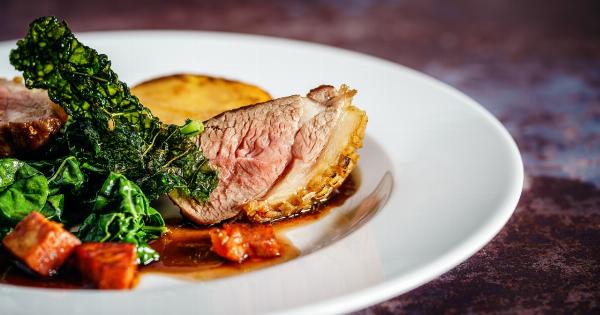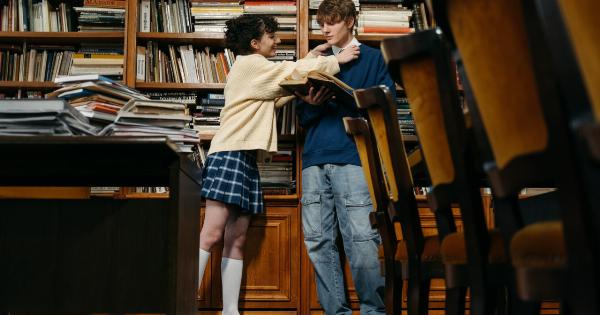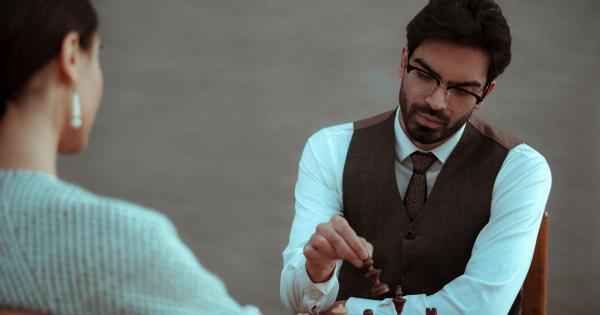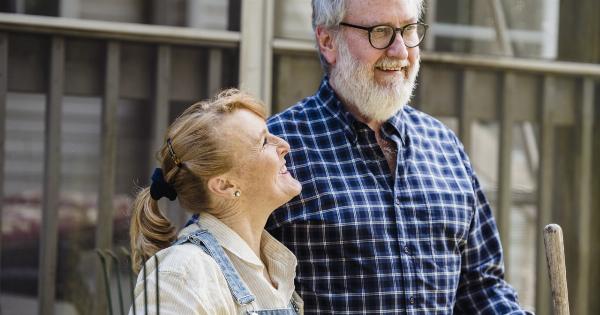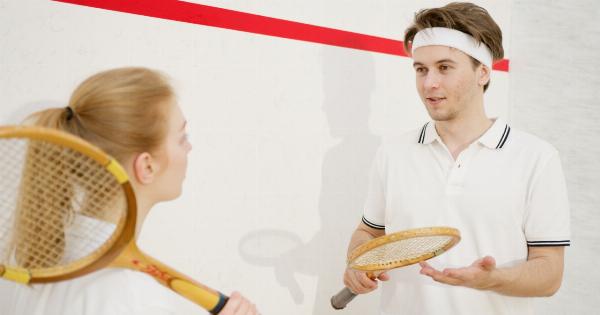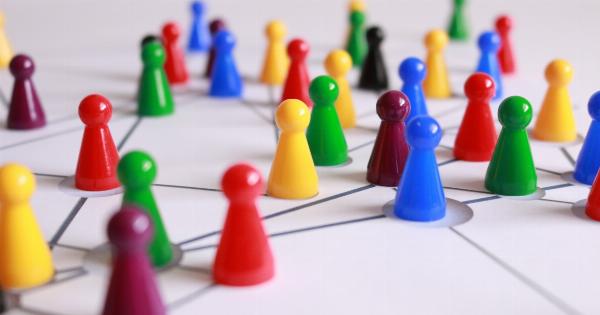When it comes to matters of the heart, each person is unique in their romantic preferences. What one individual finds attractive and desirable may not resonate with someone else.
This distinctiveness in romantic inclinations is what makes the pursuit of love and relationships fascinating and diverse. Let’s delve into the reasons why romantic preferences vary so greatly from person to person.
The Influence of Personality
One of the key factors that shapes our romantic preferences is our personality. The inherent traits and characteristics we possess play a significant role in determining what we seek in a romantic partner.
For instance, an outgoing and adventurous person may prefer a partner who is equally spontaneous and open to new experiences. On the other hand, someone who values stability and routine may be drawn to a more predictable and reliable love interest.
Cultural and Social Conditioning
Our cultural and social environments also heavily influence our romantic preferences. The society we grow up in molds our perceptions of what is attractive, desirable, and acceptable in a partner.
Cultural factors such as ethnicity, religion, and societal expectations can have a profound impact on our romantic inclinations. For example, some cultures prioritize arranged marriages, while others emphasize the importance of love and compatibility.
Childhood and Family Experiences
Our experiences during childhood, particularly within our family dynamics, can shape our romantic preferences as adults. Our relationships with our parents or primary caregivers play a crucial role in how we perceive love and intimacy.
Some individuals may seek partners who possess similar qualities to their caregivers, while others may consciously or unconsciously strive to avoid certain traits they found lacking in their upbringing.
Physical Attraction and Chemistry
Physical attraction and chemistry are undeniably influential factors in romantic preferences. While beauty may be subjective, there are certain biologically ingrained features that tend to attract individuals universally.
Factors such as facial symmetry, body proportions, and pheromones can all contribute to the initial sparks of attraction. However, it’s important to note that physical appearance is just one aspect of romantic attraction and is often complemented by emotional and intellectual connections.
Emotional Compatibility
Emotional compatibility is a crucial factor for many individuals when considering potential romantic partners. Some people may prioritize a partner who understands and shares their values, beliefs, and life goals.
Emotional compatibility also extends to the ability to communicate effectively, provide emotional support, and navigate conflict together. Different individuals place varying degrees of importance on emotional compatibility, which leads to diverse romantic preferences.
Personal Experiences and Trauma
Personal experiences and past traumas can significantly impact our romantic preferences. Individuals who have experienced love and joy in their past relationships may seek similar qualities in future partners.
Conversely, those who have suffered heartbreak or endured abusive relationships may actively avoid certain traits or behaviors. Traumatic experiences can shape our trust issues, attachment styles, and the caution we exercise when selecting romantic partners.
Social Expectations and Peer Influence
Social expectations and peer influence can greatly affect our romantic preferences, particularly during adolescence and early adulthood. The desire to fit in and conform to societal norms can sometimes overshadow our personal inclinations.
Peer pressure and the desire for social acceptance can lead individuals to seek partners who align with popular or widely accepted standards of attractiveness and desirability.
Personal Values and Beliefs
Our personal values and beliefs play a significant role in shaping our romantic preferences. What we prioritize in a relationship may align with our core values, such as honesty, loyalty, and shared interests.
Some individuals may seek partners who align with their religious or spiritual beliefs, while others may prioritize intellectual stimulation or a shared sense of humor.
Evolutionary Biology and Genetic Factors
Evolutionary biology and genetic factors also contribute to our romantic preferences to some extent. From an evolutionary perspective, humans are biologically wired to seek partners who possess traits that are advantageous for survival and reproduction.
This may include characteristics like physical fitness, fertility cues, or indications of good health. However, it’s important to note that societal and cultural factors often override purely biological impulses.
Psychological and Emotional Needs
Lastly, our psychological and emotional needs influence our romantic preferences. Some individuals may prioritize companionship and security, seeking a partner who provides a sense of stability and emotional support.
Others may prioritize personal growth and freedom, desiring a partner who encourages their individual pursuits. Understanding and addressing these needs are vital for building and sustaining fulfilling romantic relationships.















